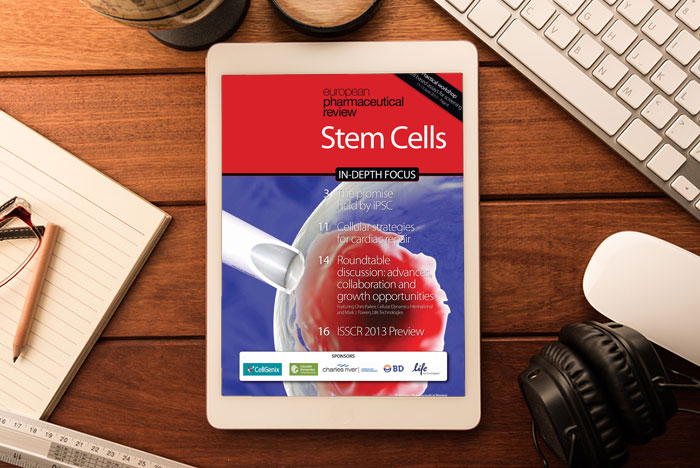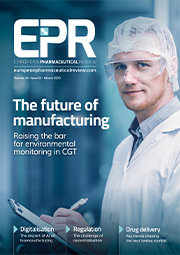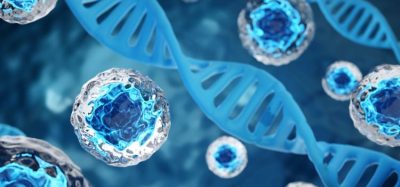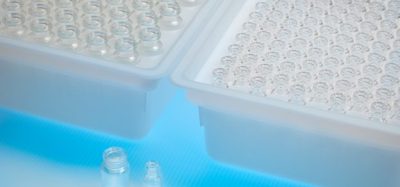Stem Cells In-Depth Focus 2013
Posted: 17 April 2013 | European Pharmaceutical Review | 1 comment
In this Stem Cells In-Depth Focus: The promise held by induced pluripotent stem cells for research and regenerative medicine; Workshop preview – Cell based assays for screening; Cardiac stem cells; Stem Cells Roundtable…


- The promise held by induced pluripotent stem cells for research and regenerative medicine
(Katharina Drews, Molecular Embryology and Aging Group, Department of Vertebrate Genomics, Max Planck Institute for Molecular Genetics / James Adjaye, Molecular Embryology and Aging Group, Department of Vertebrate Genomics, Max Planck Institute for Molecular Genetics & Institute for Stem Cell Research and Regenerative Medicine, Heinrich Heine University)
Human induced pluripotent stem cells (iPSCs) have had an unprecedented impact on biomedical research, disease modelling, toxicology studies and drug development. In addition to circumventing ethical and moral disputes associated with the use of blastocyst-derived embryonic stem cells (ESCs), iPSCs provide new perspectives for personalised medicine in the future. In this review, we highlight mechanisms underlying the induction of pluripotency in somatic cells and discuss potential applications in the field of regenerative medicine. - Workshop preview – Cell based assays for screening
Recent years have witnessed an expansion in the disciplines encompassing drug discovery outside the pharmaceutical industry. This is most notable with a significant number of universities worldwide that now host infrastructure such as compound libraries and automated screening centres. An archetypal small molecule drug discovery project will aim to identify chemical starting points that modify the functions of genes, cells or biochemical pathways. In some but not all instances, these functions may be linked to disease processes, and an opportunity will exist to further develop the chemical starting points into novel therapeutic agents. In small molecule drug discovery, the ultimate aim is to identify new therapeutics, an activity that for reasons of high risk and cost has historically been conducted within the commercial sectors. - Cardiac stem cells
(Annette Meeson, Institute of Genetic Medicine, Newcastle University)
For many patients with heart failure, treatment options include optimised medical management, surgical intervention, the use of devices such as pacemakers, ventricular assist devices (VADS) or total artificial hearts (TAH) or if available, a heart transplant. These approaches are not without their limitations and not all are suitable for all cardiac patients. Pharmacological management carries with it the risk of drug-related side-effects. The use of devices such as pacemakers, TAH and VADS may come with increased risks of infection, bleeding and device failure. Heart transplantation is a highly invasive procedure carrying the added risk of transplant organ rejection and the side-effects of long term immunosuppression, and remains a limited treatment option due to the shortage of suitable donor organs. - Stem Cells Roundtable
(Moderator: George E. Plopper, Professor, Department of Biology, Rensselaer Polytechnic Institute) - Show preview – ISSCR 11th Annual Meeting
The ISSCR 11th Annual Meeting will be held on 12 – 15 June 2013 at the Boston Convention and Exhibition Center (BCEC), Boston, MA, USA, hosting stem cell professionals from around the globe.
This Stem Cells In-Depth Focus is restricted - login or subscribe free to access


Why subscribe? Join our growing community of thousands of industry professionals and gain access to:
- bi-monthly issues in print and/or digital format
- case studies, whitepapers, webinars and industry-leading content
- breaking news and features
- our extensive online archive of thousands of articles and years of past issues
- ...And it's all free!
Click here to Subscribe today Login here
Issue
Related topics
Related organisations
BD Biosciences, CellGenix, Cellular Dynamics, Charles River, Heinrich Heine University, ISSCR, Life Technologies, Max Planck Institute, Newcastle University







It is good to have such info